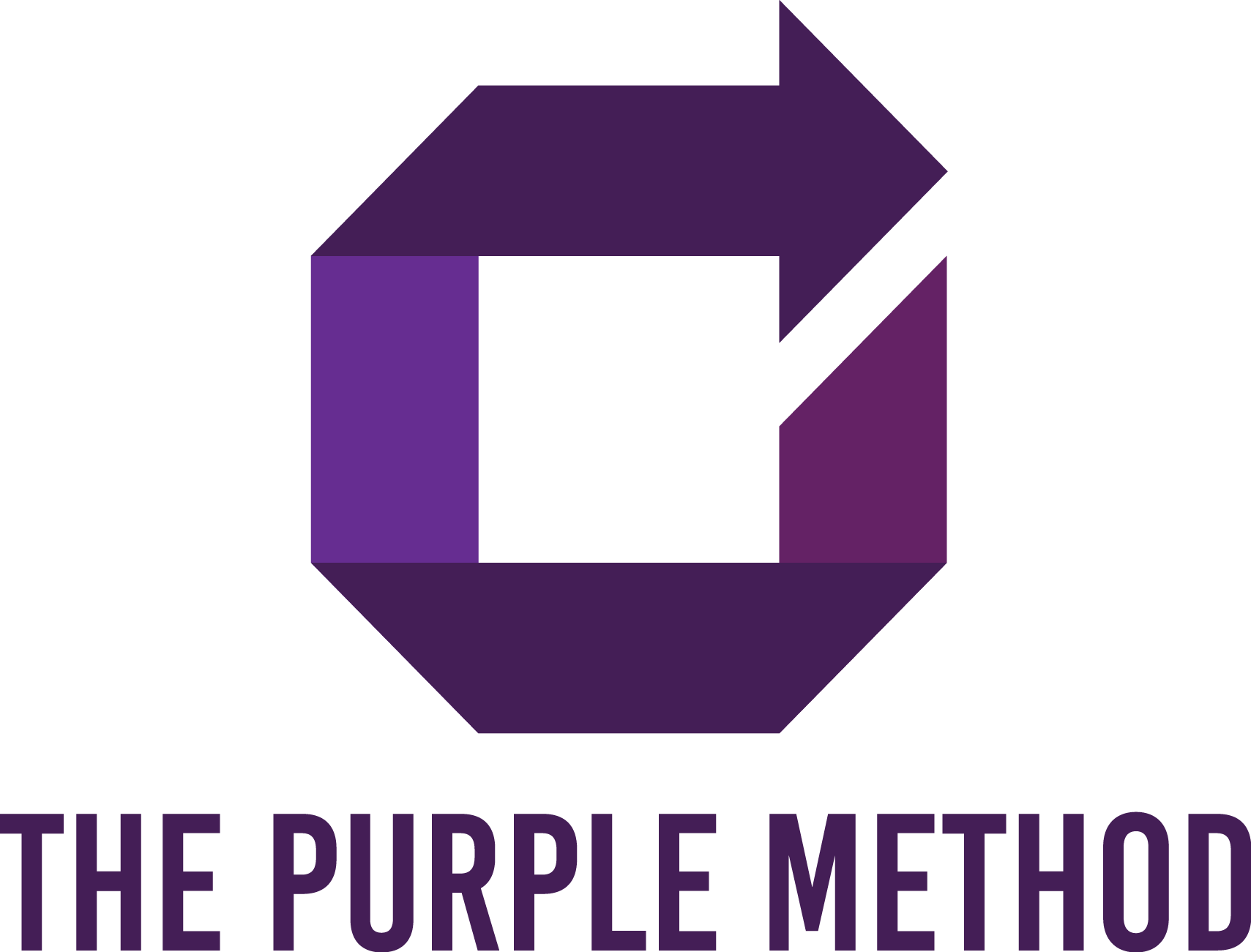The Defamation Trap: Protect Employees from New Retaliation Tactic
Defamation lawsuits are increasingly weaponized against survivors who speak up about their experience. Learn how to protect survivors and encourage reporting in your workplace.
By Anna Johnson
Anna is a student at Tulane University and former intern at the Purple Method. She is double majoring in Political Science and Mathematics and pursuing a certificate in Gender-Based Violence.
Last month, singer Kesha and producer Dr. Luke reached a settlement regarding a 9-year defamation battle. Kesha sued Dr. Luke for rape and sexual abuse, and he countersued for defamation. Suing for defamation as a response to allegations of sexual violence, including sexual harassment, has been on the rise and is increasingly being used as a form of retaliation against survivors speaking out. Most defamation cases are not against high profile celebrities – they are brought against people with few resources, to intimidate them with expensive lawsuits even if legally baseless. Survivors of workplace harassment have no opportunity to pursue justice unless they feel empowered to speak up – and it is the duty of employers to assure that there are avenues and protections for information sharing
Defamation Lawsuits & Sexual Harassment
Laws vary by state, but generally, defamation is a statement that injures someone’s reputation, called libel when written and slander when spoken. Many survivors who speak out about their abusers on social media are faced with defamation lawsuits – but claiming defamation is also used as a retaliation metric against more private allegations of sexual violence. This trend is maintained in the workplace, as 72% of people who have made a complaint about workplace harassment have faced retaliation. Merely accusing an employee or employer of sexual harassment can put survivors at risk for facing defamation lawsuits, and this looming threat can make it difficult for employers to address toxic workplace cultures. Last December, Zia Chisti – CEO of AI firm Afiniti – filed a defamation lawsuit against Tatiana Spottiswoode, who testified against him regarding violent sexual abuse. The arbitrator called Chishti’s actions “going beyond all possible bounds of decency,” but Chishti filed for defamation, citing that he had “nothing to lose.” For powerful leaders who do not fear financial burdens, weaponizing defamation lawsuits may not have any real consequences – but there are certainly consequences for survivors, who may have to re-live and re-testify about traumatizing details.
Protections Against Defamation
In response, there has been a growing national trend toward more expansive protections for survivors who want to speak out about sexual misconduct. The most prominent legal protections against defamation lawsuits for survivors are anti-SLAPP laws. Typically, the survivor sued for defamation can bring a motion to strike the case because it involves speech on a matter of public concern under anti-SLAPP statutes. Most states will only protect a survivor’s right to petition, but some states have also included protections for survivors’ rights to speech, press, and assembly.
Employees who wish to report sexual harassment to their company have some additional protections from defamation lawsuits. If information is shared with someone who has a common interest with them, such as the HR department, then the information-sharing may be subject to immunity or at least a higher threshold to prove defamation. For example, in California, the plaintiff must show that the defendant acted with malicious intent if the defendant is protected by common interest.
Best Practices
Beyond these broad legal protections, organizations should ensure that their policies against retaliation are survivor-centric and allow individuals to report misconduct without fear of a defamation lawsuit. Here are six steps your organization should consider to protect your employees from retaliation for speaking up about misconduct:
Step 1: Understand retaliation. Ensure your policies include information on what constitutes protected activities. Retaliating against applicants, employees, or former employees for any of the following reasons is illegal: filing a complaint of discrimination with your business; filing a charge of discrimination with a federal, state or local agency; participating in a discrimination investigation or lawsuit (for example, serving as a witness); or opposing discrimination (for example, threatening to file a charge or complaint of discrimination).
Step 2: Explain legal policies regarding retaliation to employees. Retaliation policies should include protections against defamation lawsuits. At the Purple Method, we offer policy reviews and provide guidance for organizations regarding feasible reporting channels for survivors and effective policies against retaliation. We also offer various workplace training offerings, which include modules on retaliation.
Step 3: Maintain complaint privacy. While sexual harassment complaints must be reported up the chain, managers should keep reports as private as possible. This decreases the chance that an employer may be retaliated against for their complaint.
Step 4: Foster a workplace culture free from discrimination and retaliation. Workplace culture must go above and beyond laws and policies to combat retaliation. Meaningful DEI initiatives are one way that organizations can create a culture of respect. Intentions of cross-boundary understandings must come from the top so that there is a clear expectation set for everyone, and employees are made aware that they will be protected from retaliation.
Step 5: Identify and address quiet retaliation. Defamation lawsuits are an overt form of retaliation, but there are many quieter retaliatory actions, such as withholding feedback and resources or discouraging others from valuing an employee’s contributions. All managers and employees should challenge themselves to think about actions they’ve taken that may have been retaliatory, and be able to identify and address actions that may be problematic.
